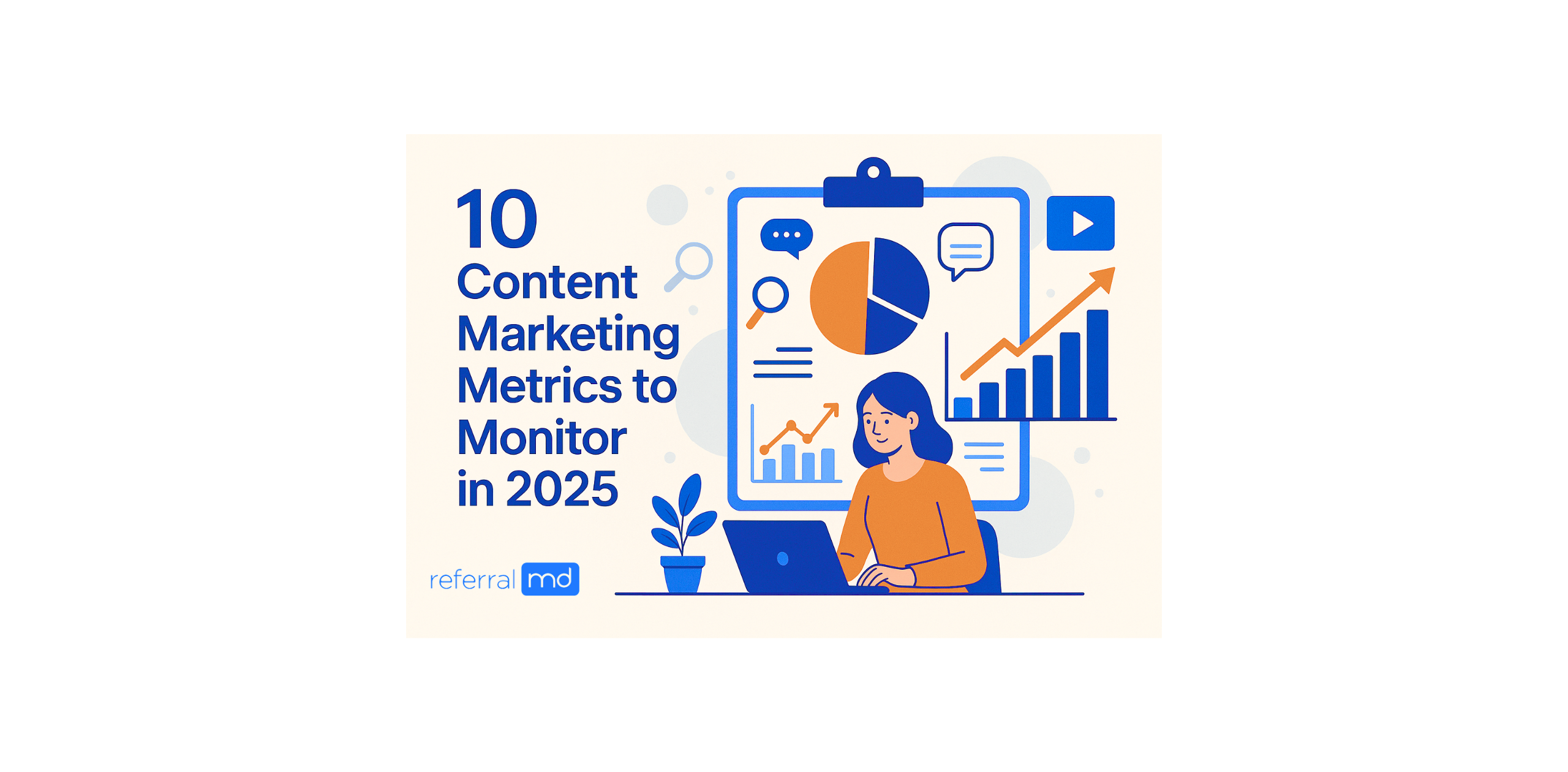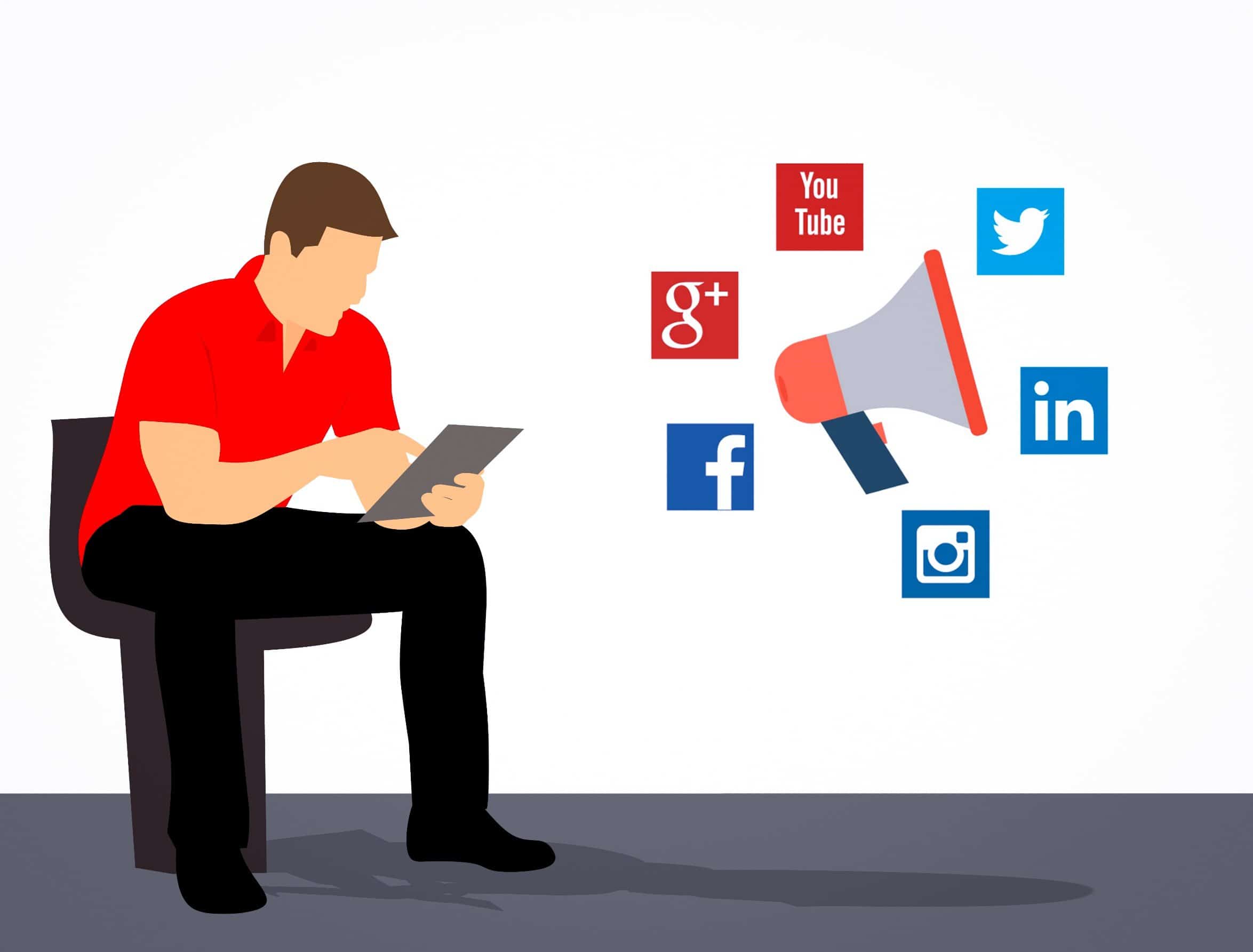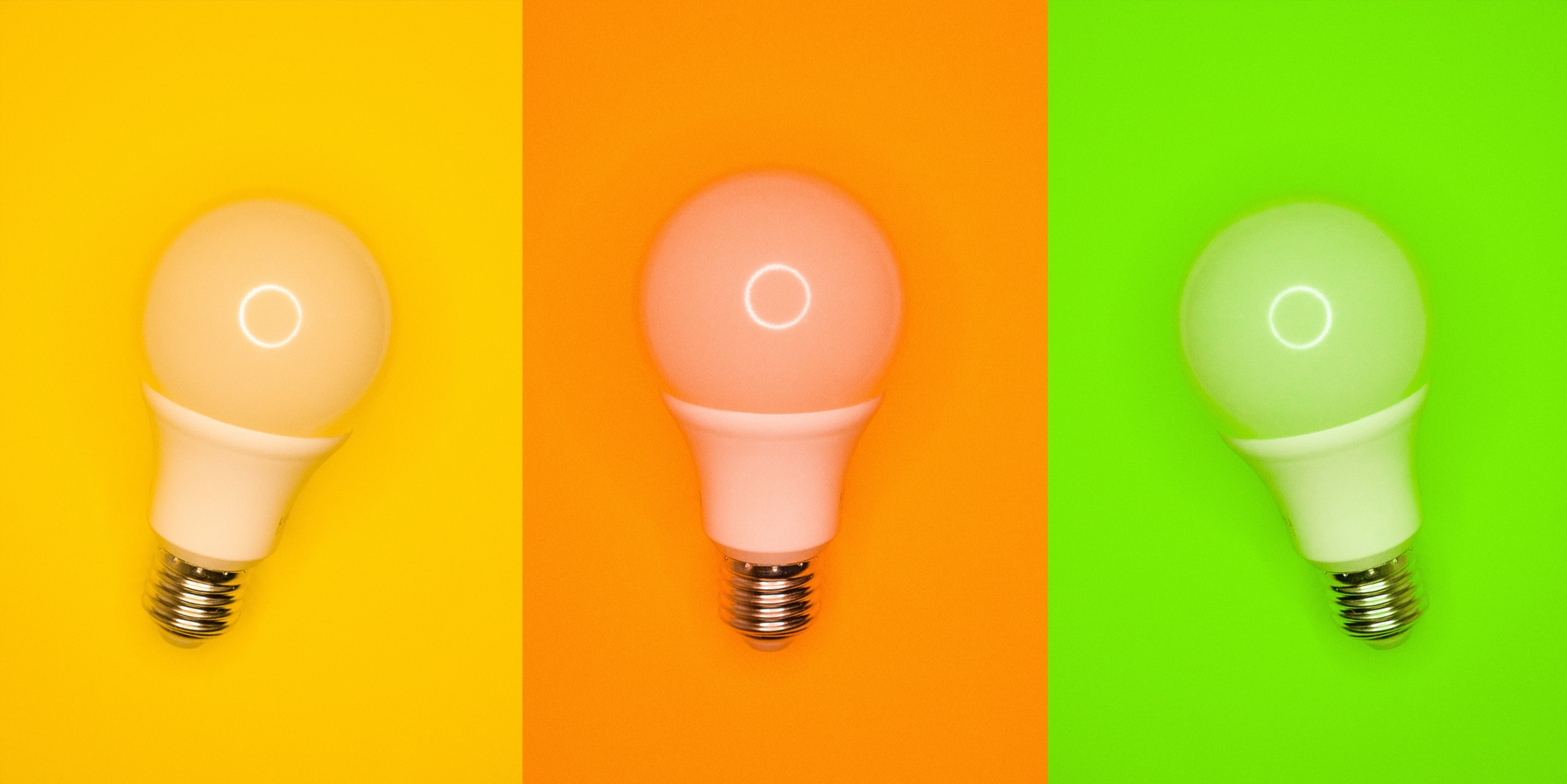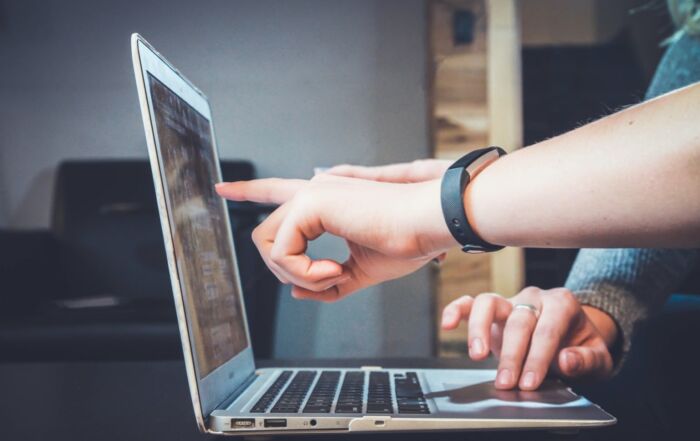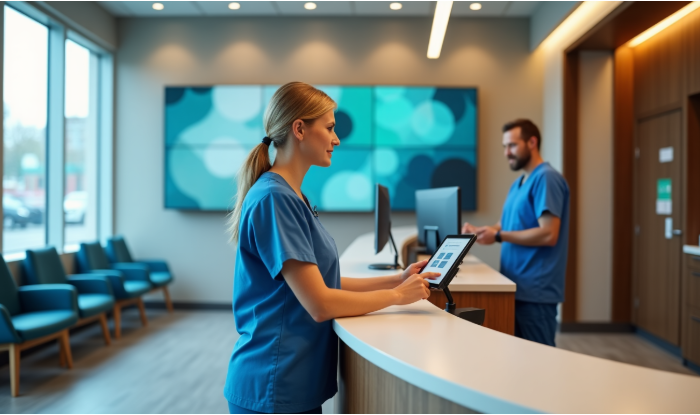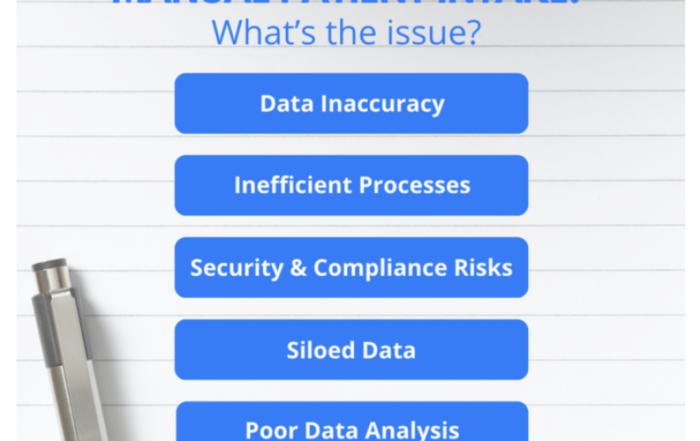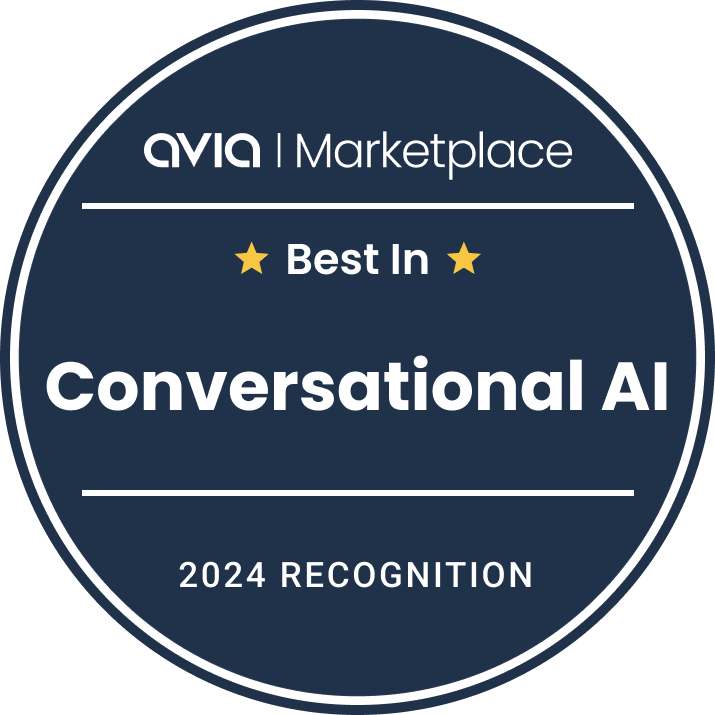Digital technology has revolutionized the world and turned it into a global village with information and communication transmitted at the click of a button. One of the sectors where it has made a tremendous impact on healthcare. In fact, with the advent of digital technology, the entire healthcare ecosystem has been transformed into one that puts patients’ interests at its core. For example, medical web portals are helping to give patients access to their own personal health information and allow them to understand the diagnosis and treatment protocols for their medical condition. Although such portals used to be frowned upon by the medical professionals per se, they empower the patients and improve the patient experience and engagement. Technological advances like the Internet of Things (IoT), AI, blockchain, chatbots, digital diagnostics, wearable devices, sensors, and telemedicine, among others, have made healthcare services much more accessible and qualitatively superior.

According to Gartner and Forrester, healthcare providers are likely to increase their technology budgets by 10% going forward. All said and done. It can be easily argued that digital technologies are helping us in myriad ways to lead healthier, safer, and more productive lives. Further, digital storage for healthcare services is expected to cost around $ 9 billion by 2027, a quantum jump from $ 2.4 billion in 2018. Hence, when so much is riding on technology, it would be interesting to know about the technology trends that will likely impact the healthcare sector in 2021 and beyond. And a robust healthcare testing strategy is going to be critical in ensuring the effectiveness of such technologies.

Photo by Firmbee.com on Unsplash
Digital healthcare technology trends to be expected in 2021
Healthcare technologies include devices, diagnostic tools, vaccines, medicines, systems, and procedures. These are designed to streamline healthcare services by removing procedural bottlenecks, lowering costs, and enhancing the quality of care. And with such technologies, the role of healthcare software testing has become paramount. The top digital healthcare technology trends that are expected in 2021 are mentioned below:
- Artificial Intelligence (AI): The role of AI in mitigating the risks surrounding preventable medical scenarios is immense. In fact, the use of AI in the healthcare industry is likely to touch a whopping $ 6.6 billion in 2021 – a compound annual growth rate of 40%. This is the result of several studies that concluded the effectiveness of AI in diagnosing diseases similar to a medical practitioner. The various ways in which AI is going to advance the cause of delivering healthcare are:
- After studying the vital parameters of patients, identifying people at higher risk can generate alerts for the staff to intervene or create custom treatment plans. For example, Watson, the AI engine built by IBM, tests the same with patients addicted to opioids.
- Recommending personalized medicine dosage: AI can recommend the correct medicine dosage for patients based on their body chemistry, history of drug sensitivity or allergies, and environmental factors.
- Data analysis: The healthcare management system receives a huge quantum of patient-related data from various sources. These can be used for computational analysis.

Photo by Michael Dziedzic on Unsplash
However, the effectiveness of the above outcomes can only be ensured if the AI-based healthcare technologies follow a robust healthcare testing strategy.
- Chatbots: Chatbots in healthcare can improve access to information, customer service, medication management, delivering first aid, or help in emergencies. The best part of using a chatbot is the feeling of getting personal experience. These can help people with routine queries, which are expensive and difficult to solicit from a qualified medical practitioner. Besides, chatbots can be used as digital assistants by healthcare specialists to manage appointments and monitor patient activities.
- Internet of Medical Things (IoMT): The IoT is no longer about connected devices, making our interiors more comforting and smarter. It has a lot of potential in the healthcare sector by transforming medical care into one never seen before. The use of IoMT began in the form of wearable fitness trackers offering insights into vital health parameters. They have a transformational role in offering medical care bypassing real-time patient information to medical practitioners or caregivers. By geotagging, the IoT devices can help in the better management of healthcare inventories. The areas where IoMT can value add are:
- Better management of medicine dosage
- Better patient monitoring from remote
- Quick processing of critical health information
- Quick diagnosis of emergency patients
- Blockchain Technology: The security of patients’ data has become one of the biggest concerns for the healthcare industry. This is the fallout of connected healthcare gadgets, which can invite security threats subjected to intense healthcare app security testing, invite healthcare devices to remain compliant with industry protocols like HIPAA, and prevent any security breach blockchain technology has no alternative. Blockchain is a decentralized database with secure encryption that allows information access to every stakeholder within an organization. It secures patients’ data by following a ‘write-once, never-delete, and never changes protocol. Health apps connected to a blockchain database can offer better security and user experience than a traditionally used security protocol involving registration and passwords.
- Telemedicine Services: Mobile healthcare has taken a big leap in delivering quality telemedicine services and is expected to touch a humongous sum of $ 40 billion by 2021. Telemedicine has made geographical distances between doctors and patients redundant and has come like a blessing during the pandemic. It allows chronic patients to avail doctors’ advice and medical prescriptions in real-time. Besides, many telehealth users believe that getting regular treatment through mobile healthcare apps is better than visiting the clinics. However, these mobile healthcare applications providing telemedicine services should have rigorous healthcare QA testing to ensure better performance, compliance, and efficiency.
Conclusion
With the growing complexity and scale of managing medical services, digital technologies have become crucial. These offer both patients and medical professionals crucial data-driven insights in real-time to access medical care (for patients) or manage health-related emergencies (for doctors). However, to ensure the successful adoption of digital healthcare technology trends of 2021, practices like medical devices testing and healthcare domain testing cannot be given short shrift.
